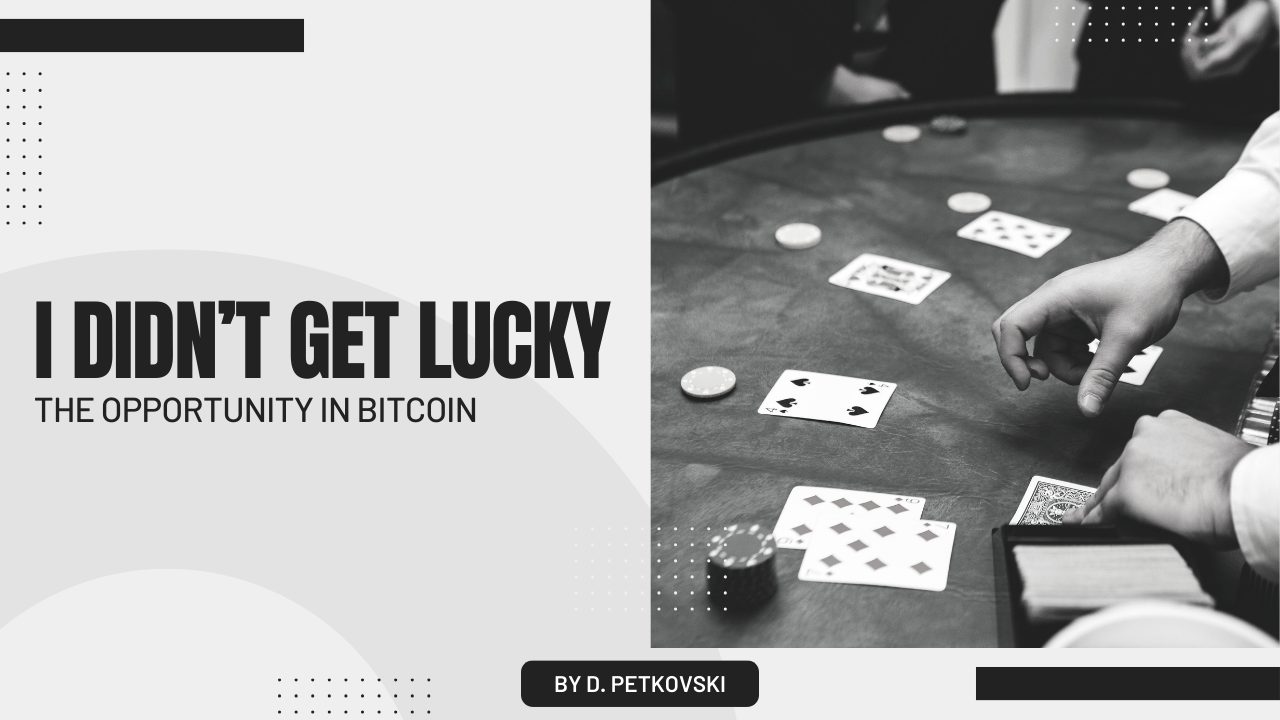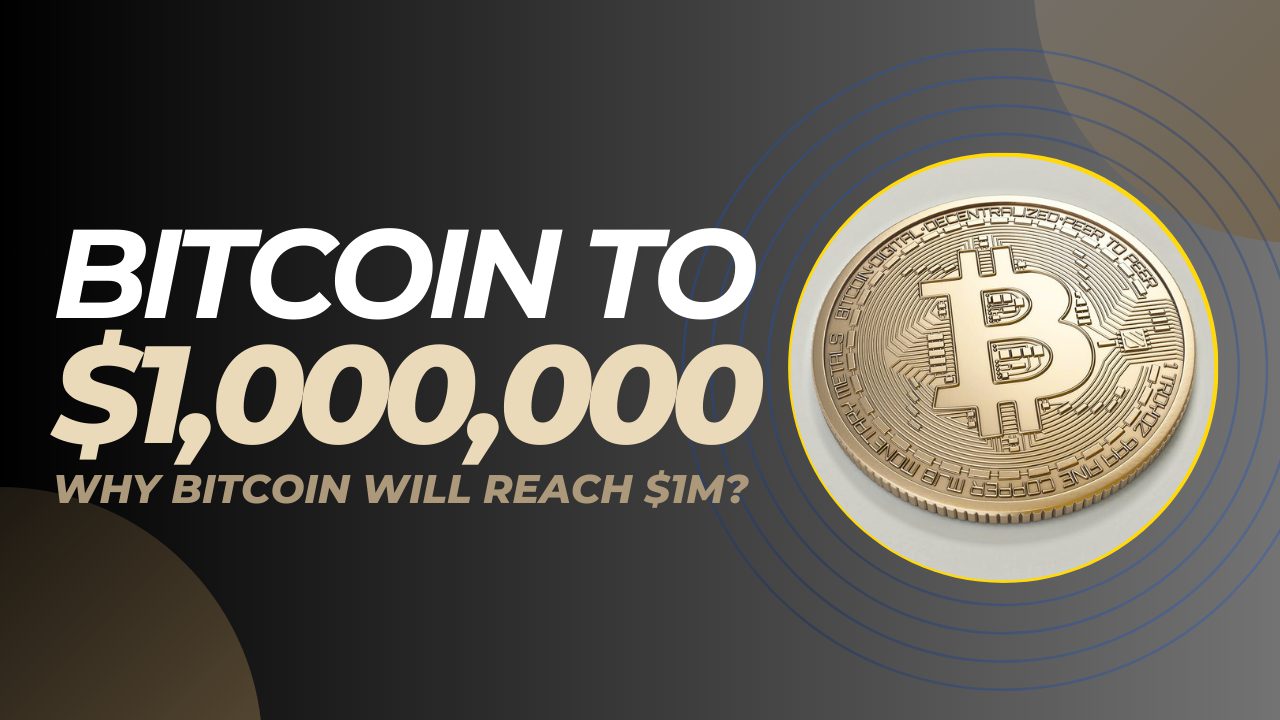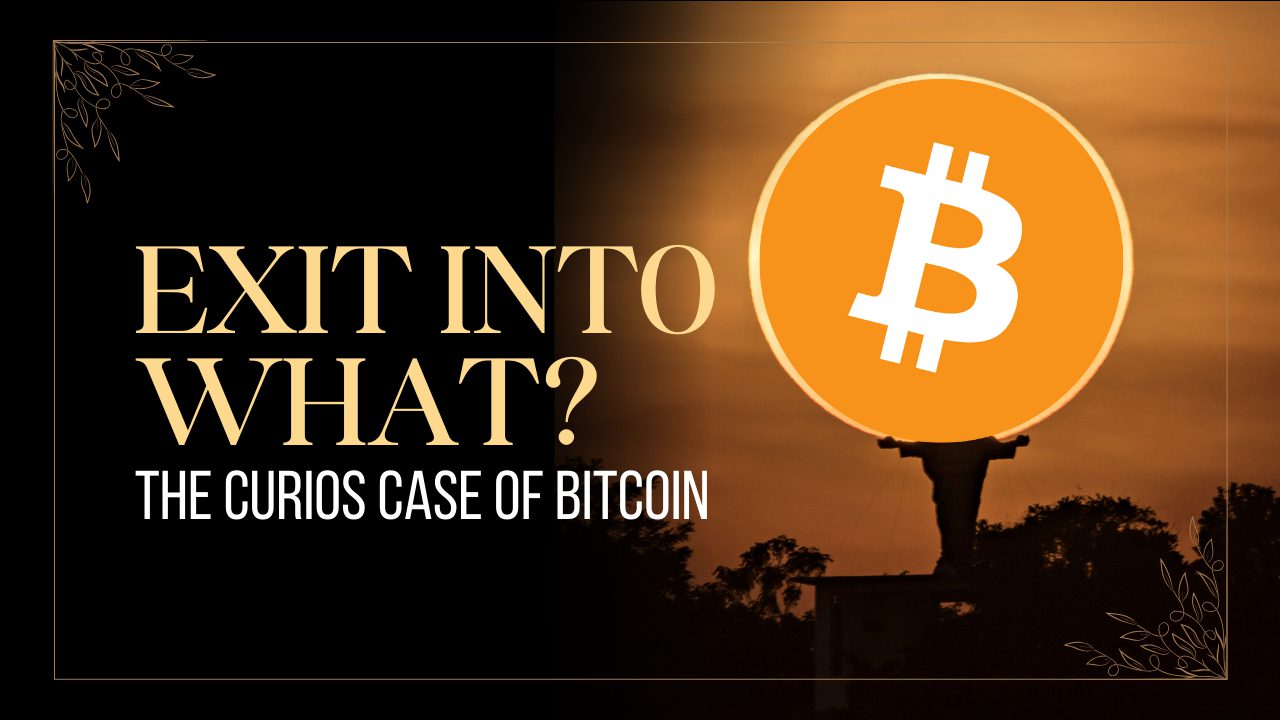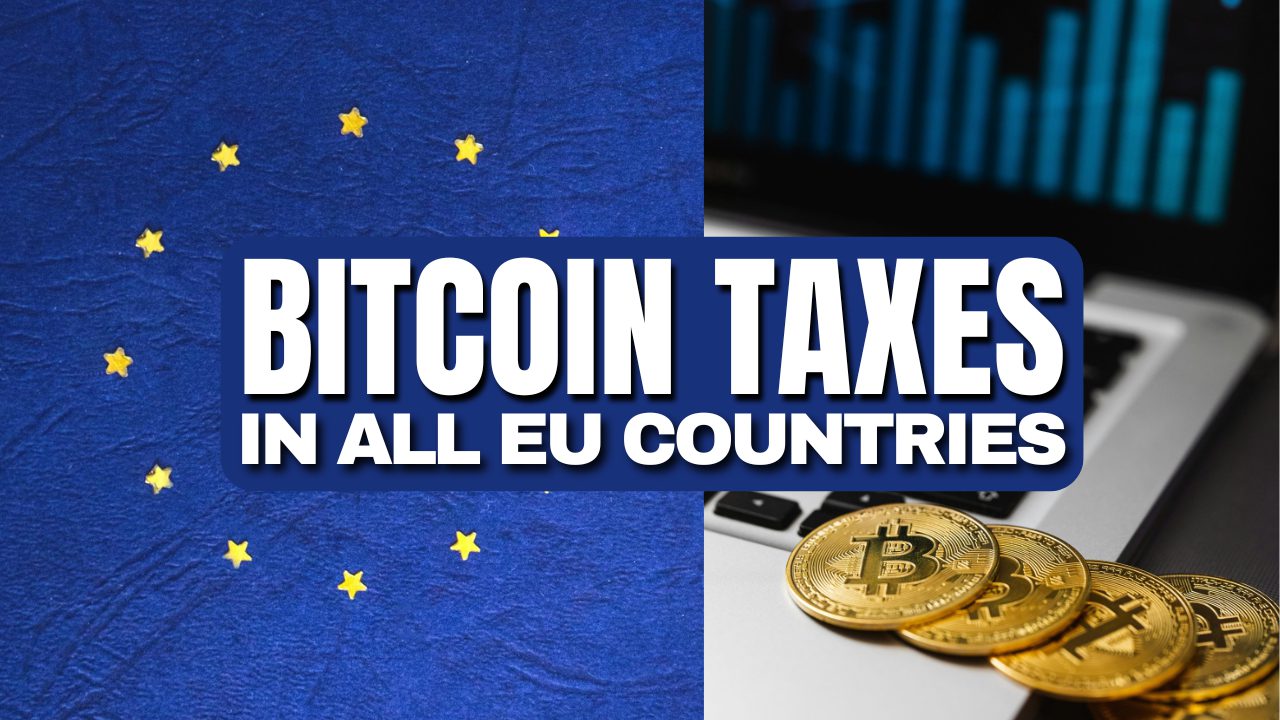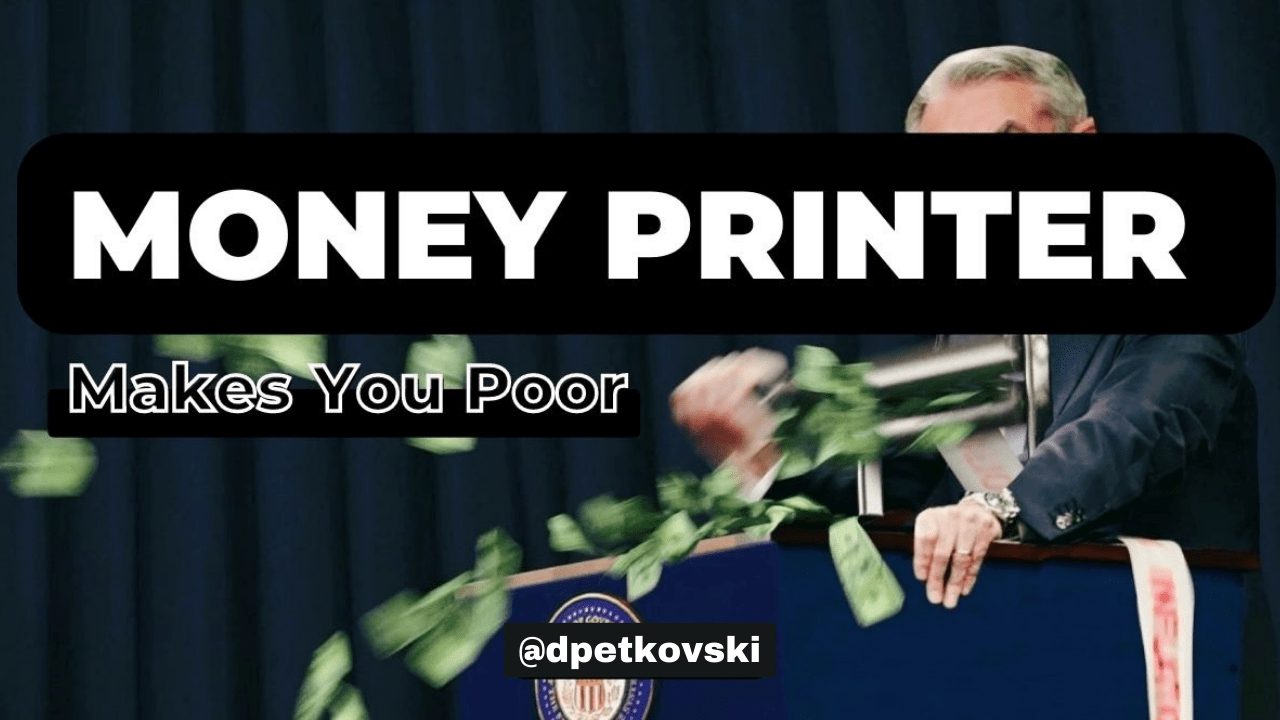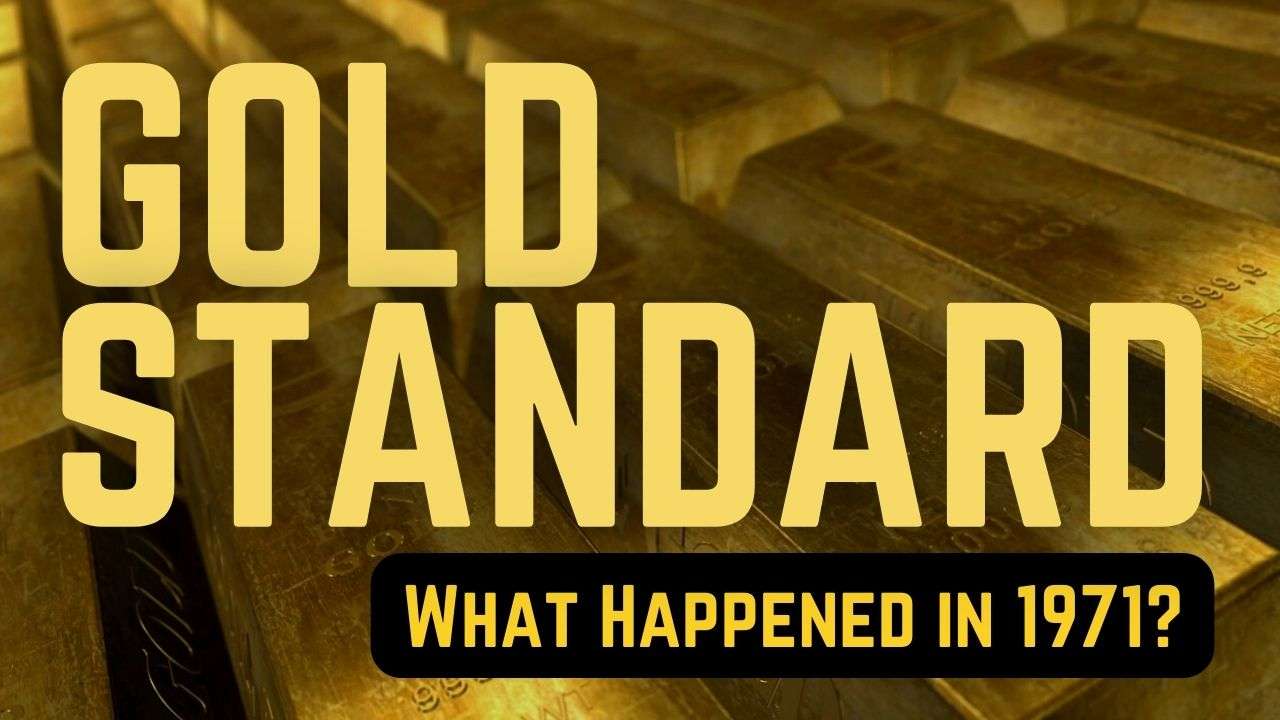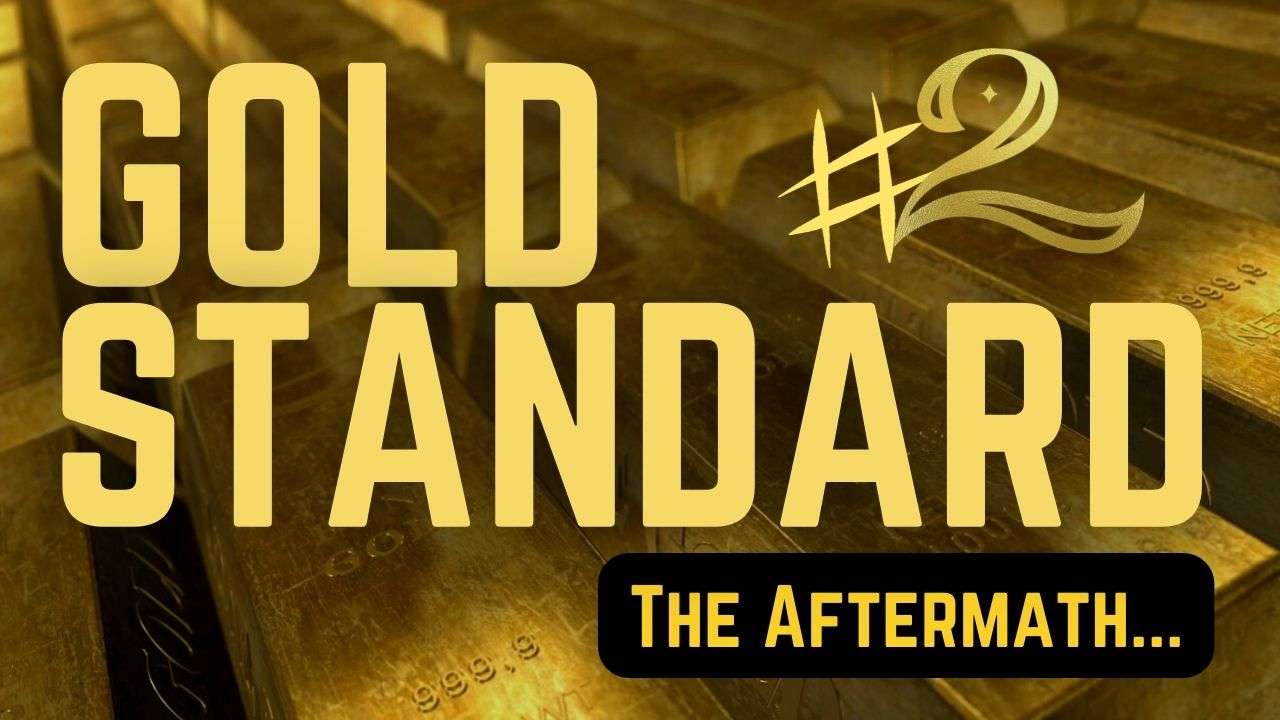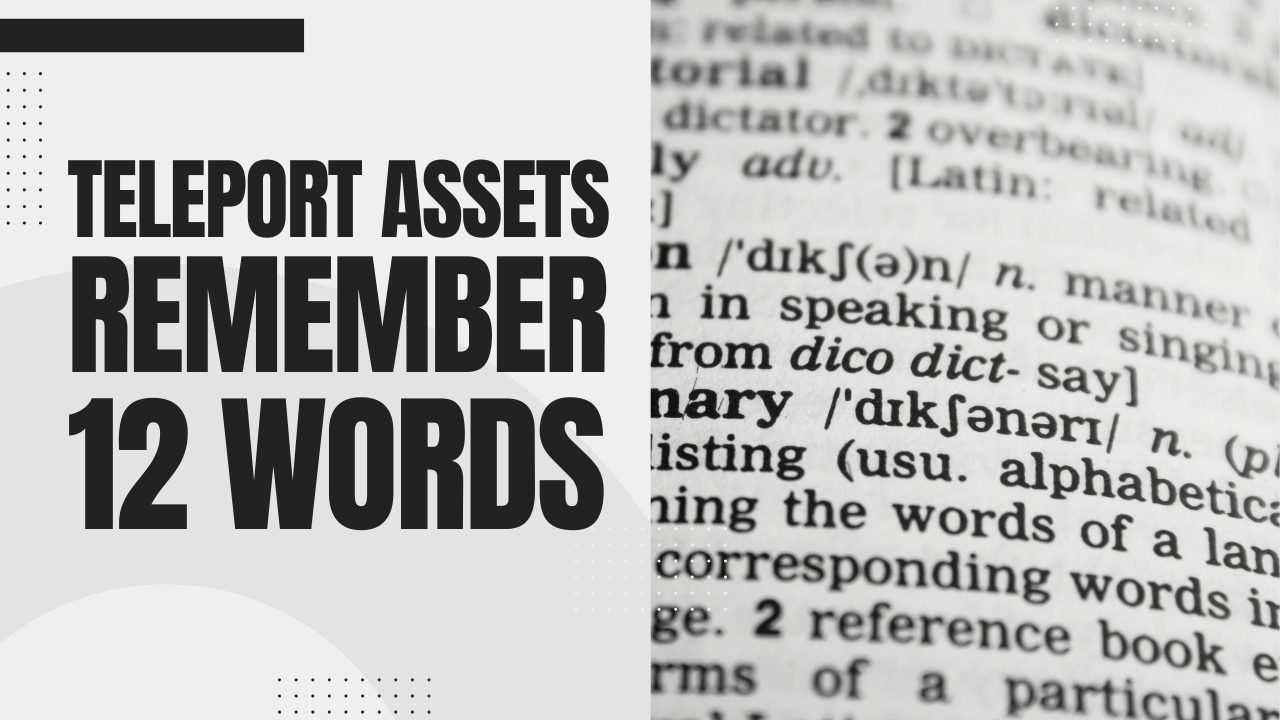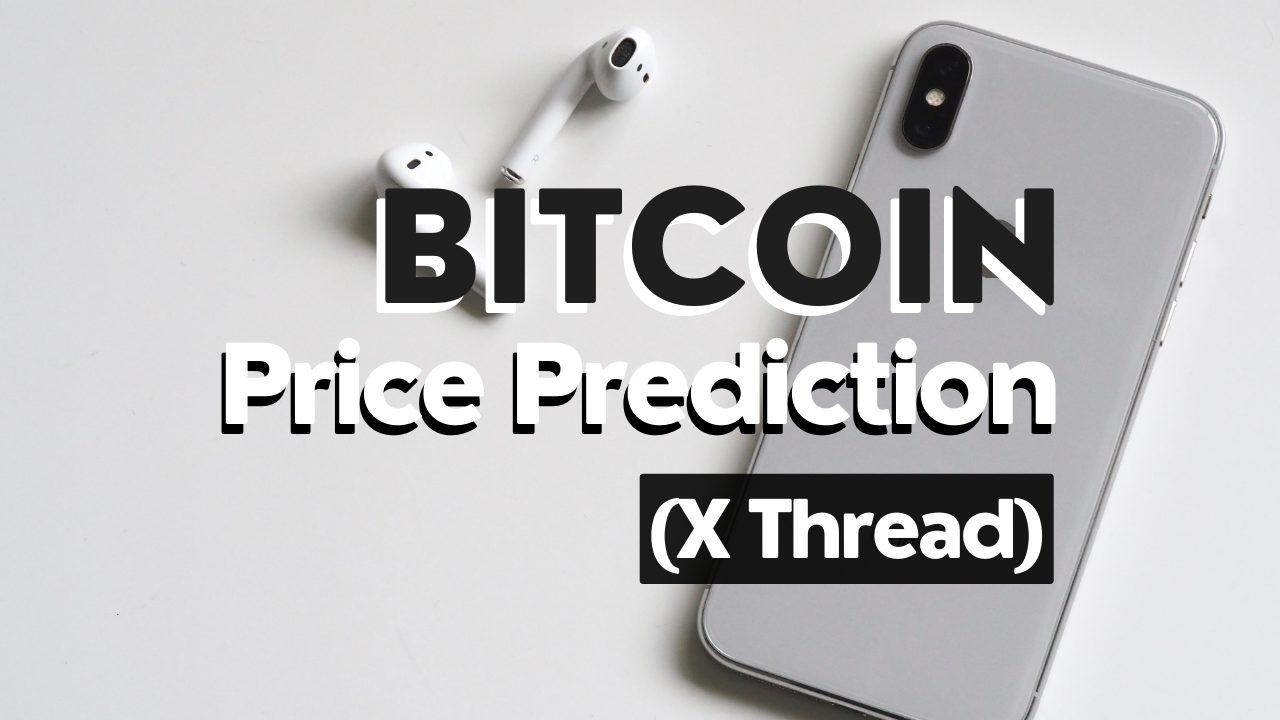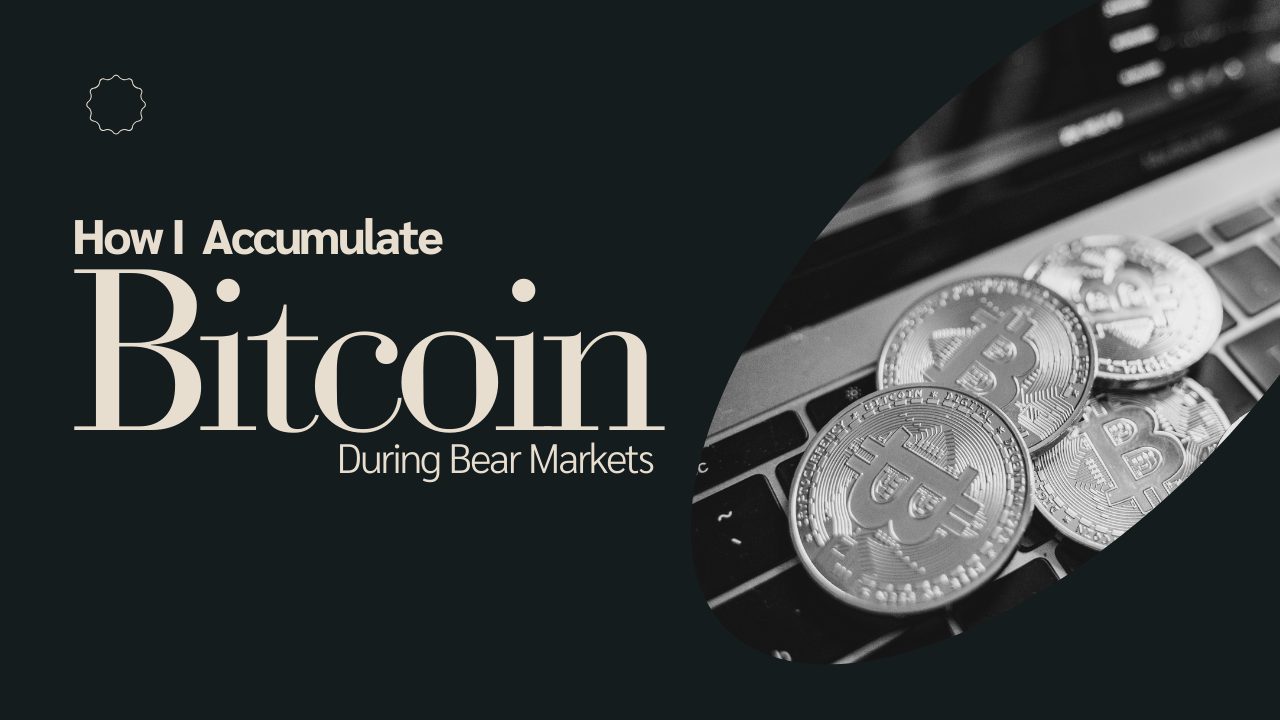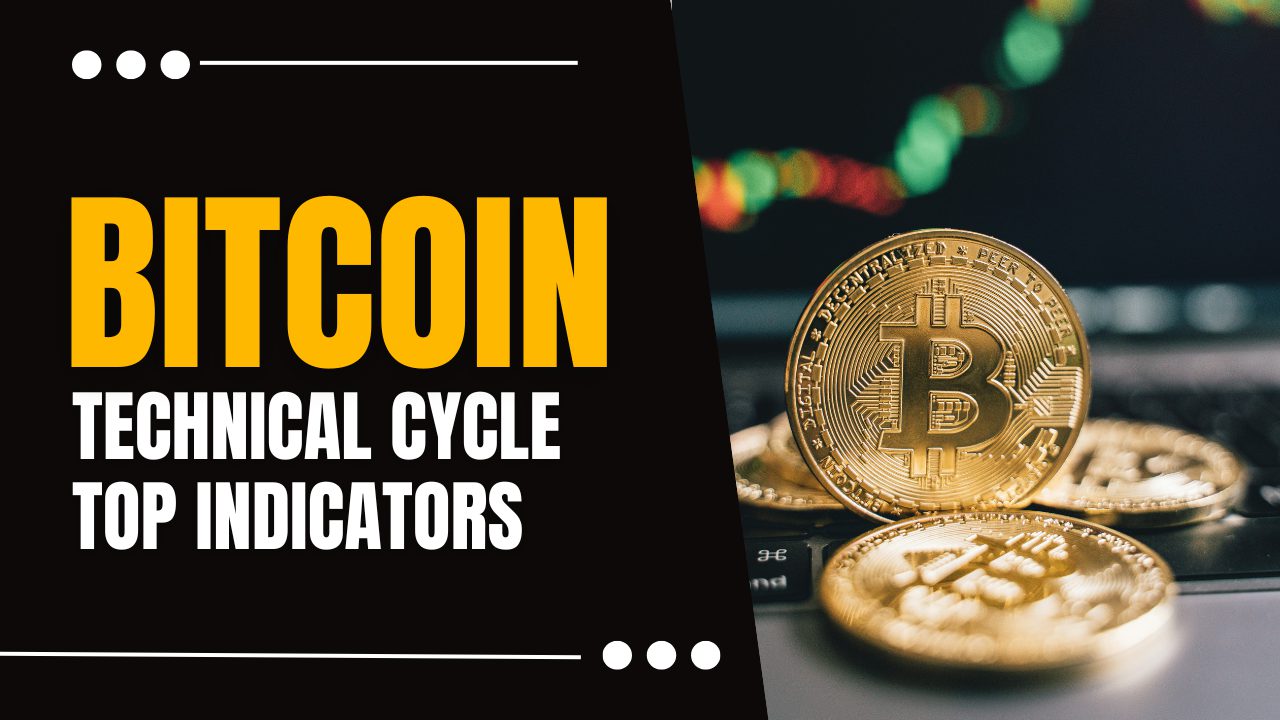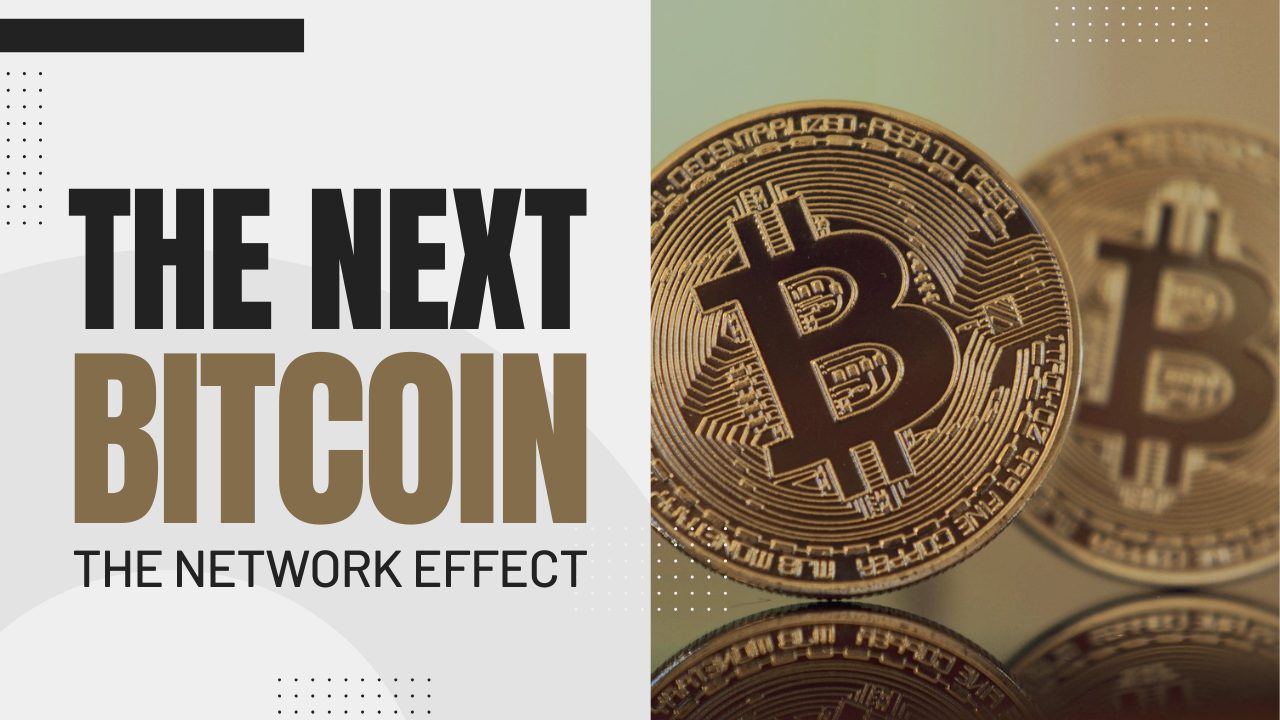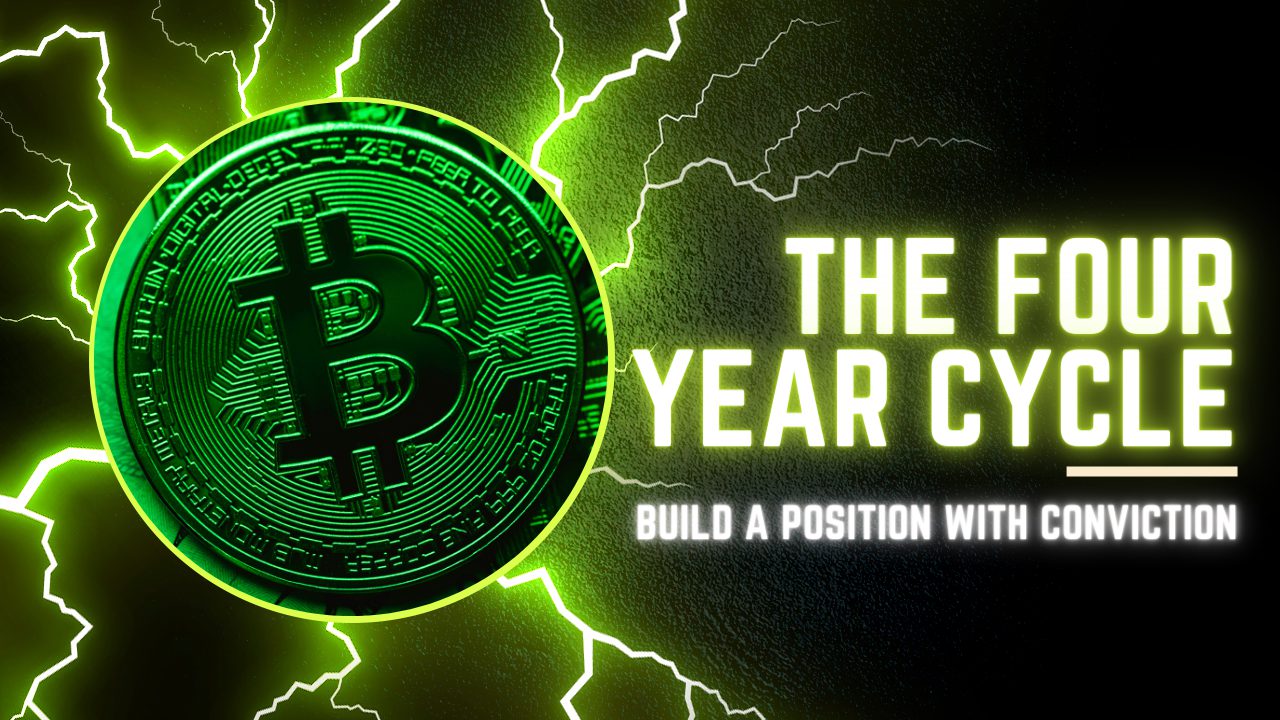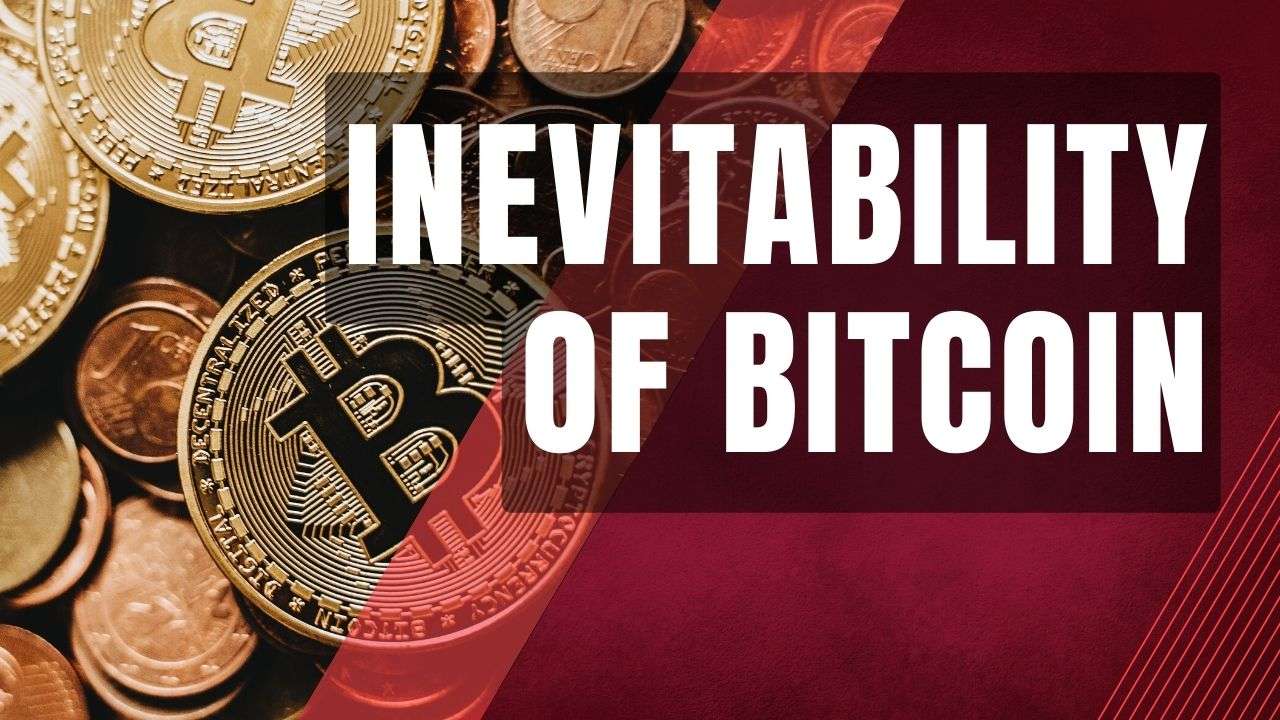
Once it clicks, the inevitability of Bitcoin becomes so obvious that there’s no going back.
This is especially common with people that have a more-than-basic understanding of the economic framework we all live in.
It is well enough that people of the nation do not understand our banking and monetary system, for if they did, I believe there would be a revolution before tomorrow morning.
- Henry Ford
Unfortunately, a short summary of the problem won’t do its justice, so I highly recommend checking How the Money Printer Makes You Poor. It can be an eye-opening read.
The Inevitability of Bitcoin
Bitcoin has the characteristics of money (durability, portability, fungibility, scarcity, divisibility, and recognizability) based on the properties of mathematics rather than relying on physical properties (like gold and silver) or trust in central authorities (like fiat currencies).
In this post, I’ll try to explain why the Bitcoin standard is inevitable.
How Bitcoin fixes the money, without the downsides of other assets with global value and limited supply.
But also why Bitcoin is probably the only possible way to achieve global economic freedom and peace.
Limited Supply
There’s a maximum supply of 21,000,000 $BTC.
This is part of the core value proposition of Bitcoin. It ultimately makes it a deflationary asset that nobody can create more of.
This way, a bad actor/negligent authority can never dilute the past productivity of others.
But limited supply itself won’t do its justice. That brings us to:
Decentralization
The Bitcoin network is decentralized.
It’s controlled by millions of nodes across the planet, which all agree about the state of the distributed ledger.
There is no single point(s) of failure, as removing any node from the network doesn’t affect the rest of it. There is also no authority validating transactions, restricting users, or disrupting liquidity. The state of the Ledger is the way the whole network agrees on, so nobody can tamper it or add transactions as it pleases.
With its increasing hash rate, Bitcoin is the most secure network in the world.
Ownership
Bitcoin is the first opportunity in human history that allows people to own something in a safe way, without the need to trust anyone.
There is literally no other asset in the world that replicates this.
As long as a Bitcoin holder practices self-custody, there is absolutely no way for anyone to steal, confiscate, or have any type of say in how he’s using his money.
Censorship-Resistant
As the largest distributed computing project in the world, Bitcoin is resistant to censorship.
Nobody can stop any actor from interacting with others in any way they choose to. Refusing access can only happen at centralized endpoints (such as exchanges) or when interfacing with the FIAT world.
The solution is simple: stay in Bitcoin.
It’s a parallel system that’s superior to FIAT.
Everyone will wake up to the idea that decoupling money from state is a major step forward for humanity.
Global and Inclusive
Any wallet can send/receive/transact with any other wallet, regardless of the owners’ nationality, intentions, or political views.
Bitcoin doesn’t know about geography, age, race, gender nor about arbitrary lines drawn on maps.
The Bitcoin network only cares whether a certain wallet has a sufficient amount.
If that’s true, the transaction will be completed.
Trustless
The best part of all of this is that no entity in the network needs to trust any other entity in order for this system to work.
The game theory set in place since day 0 makes sure that all participants act in best interest of the Bitcoin network.
This is achieved by providing economic incentives to any actor with good intentions.
For example, it’ll always be more profitable for a miner to confirm transactions rather than to try to tamper the ledger. The former would reward them with a block reward. The latter would waste expensive resources and precious time as the rest of the network won’t agree with the legitimacy of the transaction.
Resistant to Violence
It’s simple – if you kill me, you’re not getting my Bitcoin.
This is unlike any other asset in the world – paper money, gold coins, or any physical object. Of course, this holds true for countries as it does for private individuals. Again, a Bitcoin address can’t discriminate.
This sole fact enforces the participants to work with each other instead of using malicious tactics for economic dominance.
It is in nobody’s interest to be violent.
Why not other cryptocurrencies?
Most other cryptocurrencies are actual software companies and/or scams.
It may sound like I’m showing disregard, but that’s not the case. There are amazing projects out there and many try to achieve various revolutionary goals. But their utility aside, most are too centralized, non-scalable, or insecure to be even considered a candidate for a global reserve currency.
In other words: most legit cryptocurrency projects don’t even compete with Bitcoin – they have their own value propositions and don’t try to “solve money”:
- Ethereum brought smart contracts – executable pieces of code that leverage the resources of the Ethereum network
- Polkadot and Cosmos are multichain protocols aiming to allow interoperability between blockchains
- AAVE, COMP, MKR, UNI, etc. are all governance tokens for decentralized finance protocols/projects
- Fantom, Avalanche, Polygon are all EVM compatible and attempt to be a better/cheaper/faster Ethereum
- THORChain allows seamless swaps across chains in a decentralized and trustless way
- Terra/LUNA tried to maintain the peg of an algorithmic stablecoin in order to become the de facto DeFi standard.
I can go on and on.
Alternatives to Bitcoin
Even economist that disagree with the inevitability of Bitcoin see the same flaws in the economy.
All non-Keynesians agree that the solution is a reserve currency with limited supply, thus I’d like to address a few other candidates:
Gold
Gold trumps Bitcoin in its track-record. Comparing the monetary properties of both is always an interesting exercise.
But there is one crucial flaw and it’s not inherent to the metal itself:
Going back to a gold standard requires trust in the same people that slaughter our economic well-being. Regardless how limited the government is, gold requires trust in multiple entities in order to work as a reserve currency.
Also, it’s confiscatable (in practice, over and over again), not really portable, and vulnerable to violence.
CBDC (Central Bank Digital Currency)
If feels like crypto, it behaves like crypto, but it’s not what we need.
We don’t need “crypto” per se.
The fact that something lives on a blockchain doesn’t mean it’s decentralized. As long as there’s a central entity that can decide where the money flows, how much there is in circulation, or who’s allowed to transact, the solution is not much different than FIAT.
Again, “crypto” is not the magical solution.
Bitcoin is.
Conclusion
As you can see, there was not a single point of price discussion.
Bitcoin is more than “a profitable trade” or “a good investment”.
Bitcoin is economic freedom.
This is why Bitcoin is inevitable – and our only hope for a freer, better, and more peaceful world.
If you want an introduction to Bitcoin without technical jargon and price speculation, check out my free series: Bitcoin for Beginners.
 Husband & Father
Husband & Father  Software Engineer
Software Engineer 


